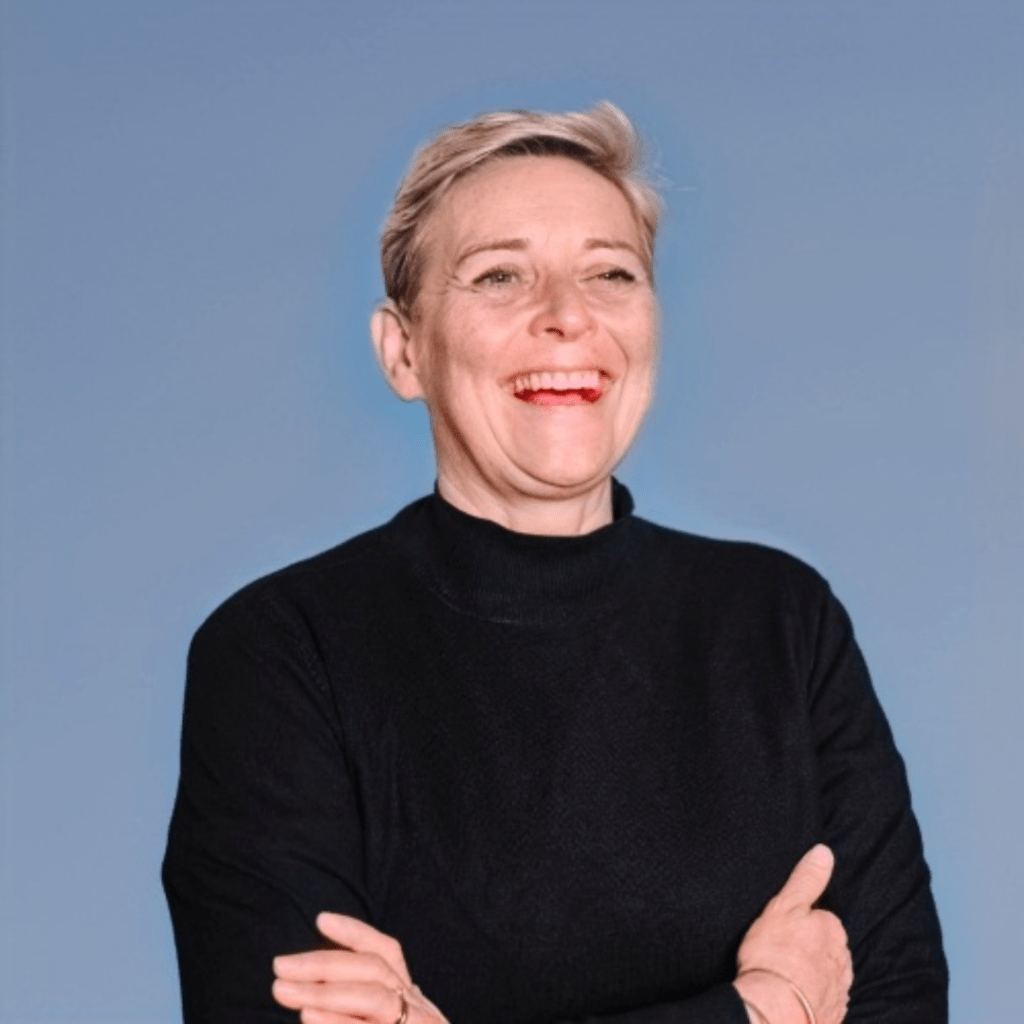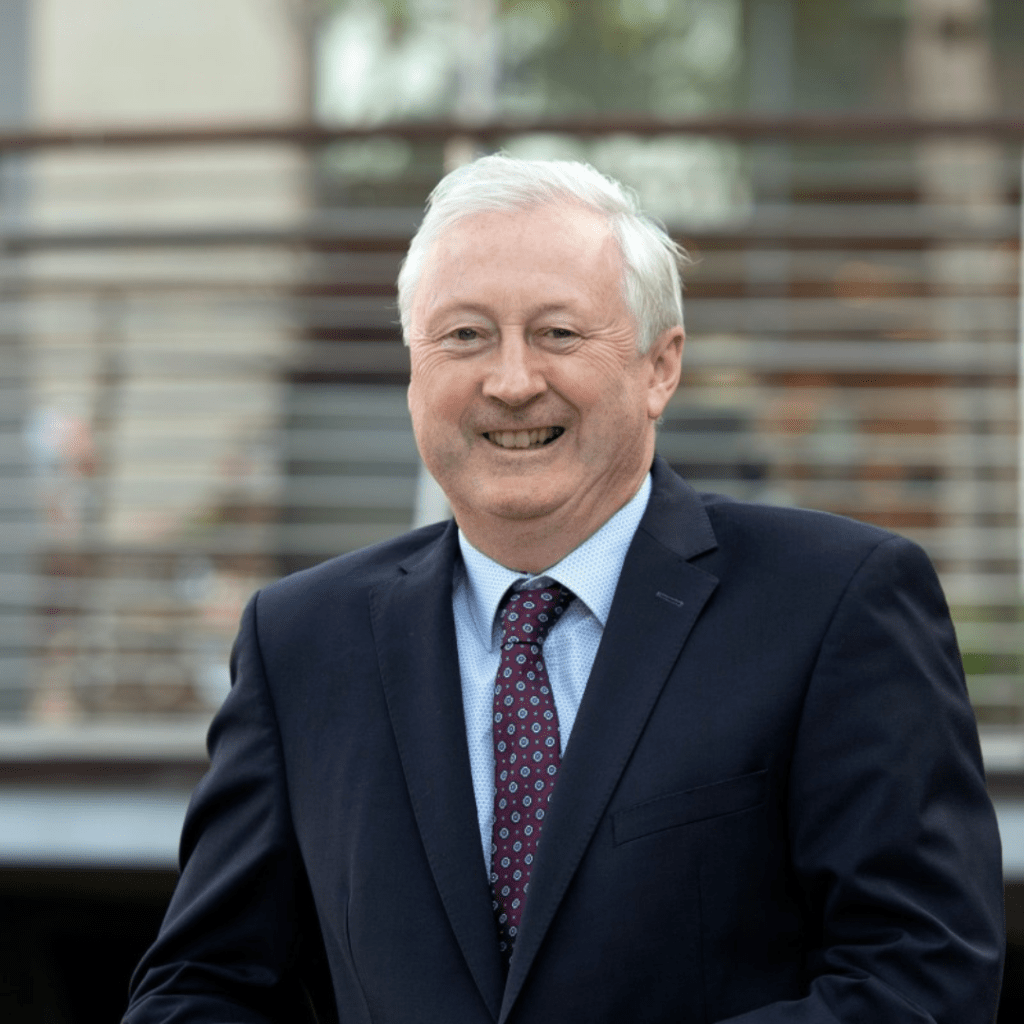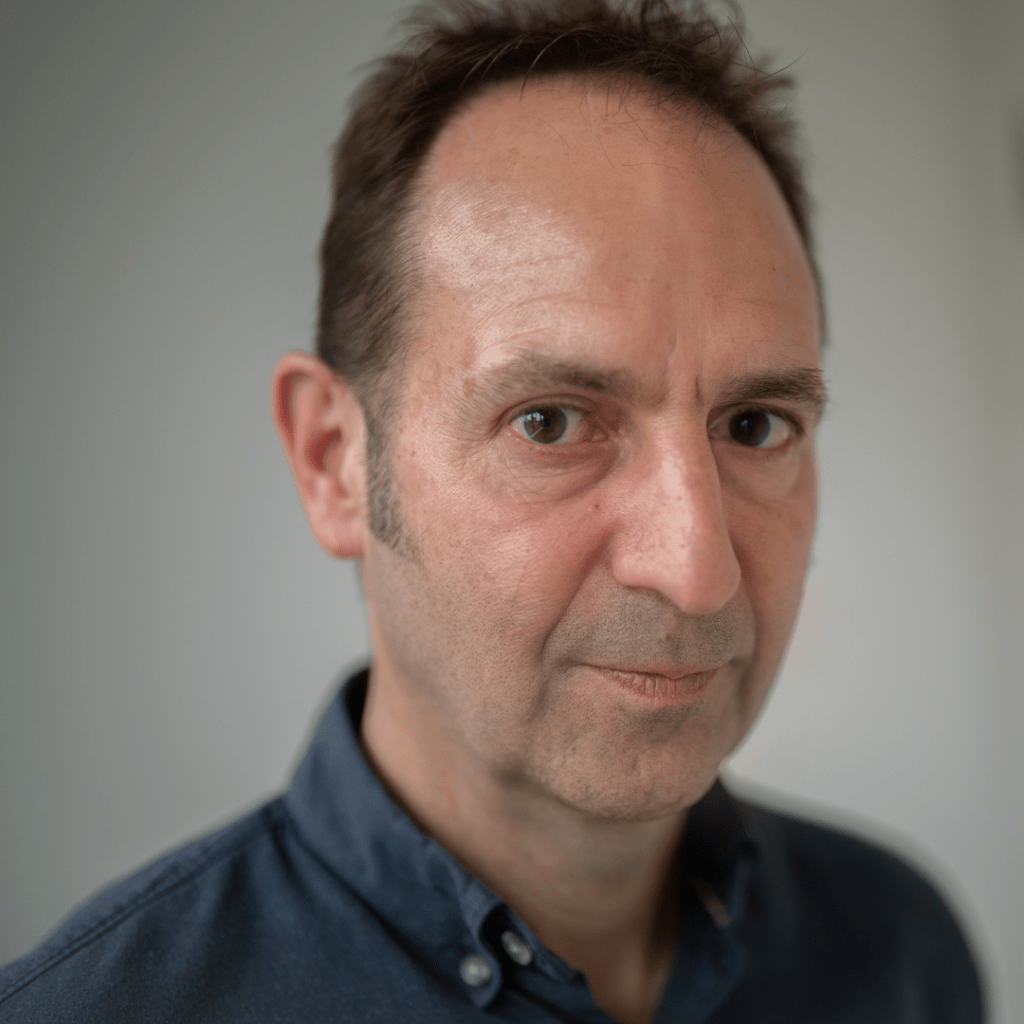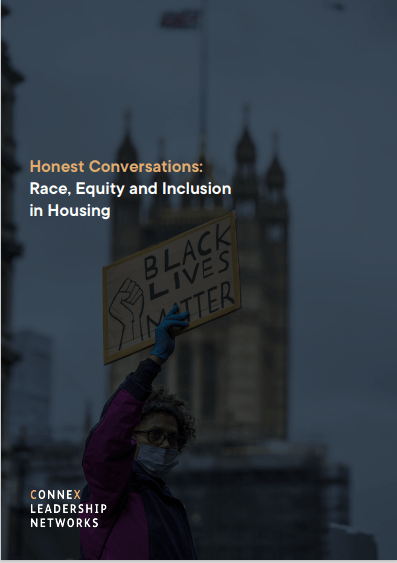Workshop Series with 4OC
At 4OC, we specialise in facilitating complex change, ensuring organisations achieve their goals. We drive transformation in public services, delivering impactful programmes with over 449 successes. Committed to sustainability, our frameworks enhance environmental and social impact. We excel in leadership development, process optimisation, and fostering a conducive culture. Customer experience is paramount, with measures to capture improvement impact and we offer tailored solutions for people development and leverage technology for efficient outcomes.
18th April 2024, 13:30 - 16:30
Crafting a Blueprint for Customer-Centric Excellence
5th June 2024, 13:30 - 16:30
Tech in Tenancies: Mastering System Implementation for Modern Housing Providers
Facilitators

Catherine Cross
Director, 4OC

Martin Curley
Professor of Innovation, Maynooth University

Charlie Dawson
Founder & Managing Partner, The Foundation
Catherine, along with John and Paul, founded 4OC in 2012 with the goal of establishing an organisation dedicated to effectively implementing change in the public sector. Since then, she has made significant contributions, drawing on her extensive experience in designing and executing large-scale, complex change programmes that enhance operational performance and benefits for end users. Having risen to the role of Executive Director in leading organisations, Catherine understands the challenges of leading and implementing change alongside daily responsibilities. She empathises with individuals in similar positions and is keen to share insights into what works and what doesn’t. Catherine plays a vital role across the entire organisation, with her current focus mainly on collaborating with the Housing, Sustainability, Health, and Third Sector teams.
Martin Curley is a Professor of Innovation at Maynooth University and serves as the Director of Digital Transformation and Innovation at the Health Service Executive (HSE) in Ireland. In this role, he is responsible for driving the digital transformation of the country’s health service. Curley is a member of the Royal Irish Academy and chairs the Irish Digital Health Leadership Steering Group, which comprises clinicians, companies, academics, patients, and policymakers dedicated to the digital transformation of the Irish Health Service. Prior to joining the HSE, he held leadership positions at Mastercard and Intel Corporation. Martin holds degrees in electronic engineering and business studies, as well as a Ph.D. in information systems. He is an author, fellow of several professional organisations, co-founder of the Innovation Value Institute, and has received numerous awards, including the Engineers Ireland Innovation Engineer of the Year in 2006 and the European Chief Technology Officer of the Year for 2015-2016. In 2022, he was recognised as a top 10 Global Influential, Admirable, and Impactful Health Leader, Inspiring Educator, and Futuristic Business Leader. Martin Curley was also appointed as a Visiting Professor at the University of Bath in August 2022.
Charlie established The Foundation in 1999 with the aim of helping organisations be more sustainably successful by being customer not financially led. His original inspiration came from working on a new car company launch that did this by happy accident to great effect, breaking records for speed of growth and disrupting an inward-looking market. Recent projects include helping the Morrisons turnaround, finding their voice as foodmakers and shopkeepers with a sense of purpose and belief, helping Be the Business tackle the UK’s productivity crisis by getting small businesses into useful action, helping The National Trust find new sources of sustainable growth complementing their membership offer, and helping John Lewis flesh out a future in Home Services as a customer-centred business. He has a book about customer-led success, The Customer Copernicus, published in 2021 explaining why something that looks attractive and obvious is rare and, even when achieved, usually temporary. This led to exploration of the shared beliefs people have in organisations about what success is and how it is achieved, and this in turn gets into the whole area of why organisations exist and the current often misunderstood debate around purpose which The Foundation now works on with a number of clients. Charlie previously worked in advertising and has a degree in Manufacturing Engineering, possibly explaining his enthusiasm for cars that look nice but don’t work.

